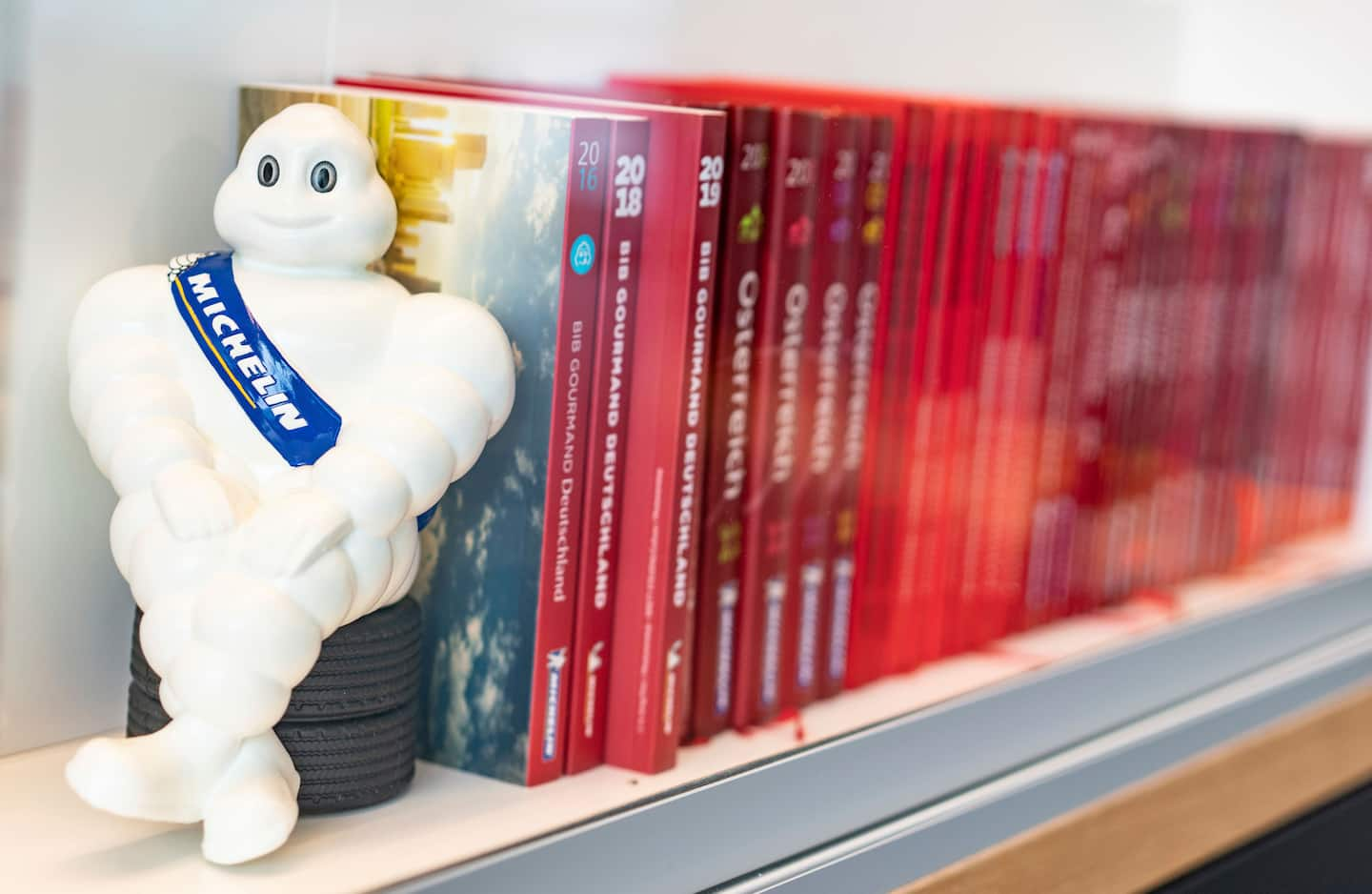After a pandemic pause, Michelin will resume awarding stars to restaurants

But Michelin on Wednesday announced it would resume operations, and in the coming weeks it will announce starred restaurants in New York, Chicago and Washington, D.C., and designate others in those cities as its Bib Gourmand picks, a list deemed by the guide’s inspectors to be good values, and “Plates,” a sort of entry-level distinction.
It will also give out “Green stars” for restaurants that operate sustainably and dole out accolades to individual chefs and sommeliers.
So just how did the company’s famed anonymous inspectors evaluate an industry turned upside down?
“We have been quite benevolent without compromising on the methodology,” Gwendal Poullennec, the guide’s international director, said in an interview.
The company’s chief inspector for North America, who spoke on the condition of anonymity because of the nature of his job, said he and other inspectors dined much like many other Americans have: often on patios, masked, separated from fellow diners by plexiglass — and in many cases, very well. He stayed in touch with restaurants about changes to their menus and concepts during the pandemic, he noted.
“It was interesting to see the changes,” he said, “But at end of day, it was interesting to see chefs continuing to put out a high quality of product.”
Michelin dubbed its three-city re-rollout “Still Serving,” an homage to those eateries that have survived the pandemic. Not all are so lucky: The National Restaurant Association estimates that 110,000 establishments around the country have closed temporarily or for good. Many Michelin-starred restaurants in particular have suffered from the lack of international business and tourism. Michelin estimates that 80 percent of its starred restaurants remain open.
The doling-out of stars might be highly anticipated in normal times, but some say it’s unfair now to turn a critical eye to restaurants, which are hardly operating at their best. Many other dining guides and accolades have pivoted. The James Beard Foundation decided against declaring winners of its 2020 prestigious awards to restaurants and chefs, and said it wouldn’t give them out in 2021, either. “The Foundation believes the assignment of Awards will do little to further the industry in its current uphill battle,” the organization said at the time.
Other critics have adapted. The Post’s food critic, Tom Sietsema, published his traditional fall dining guide in 2020, but focused on takeout and delivery and suspended star ratings, which remain on hiatus. His upcoming spring guide will feature 22 restaurants that managed to open their doors in the past year or so. Orange County Register dining critic Brad Johnson has swapped his traditional stars for a lettered “covid comfort” rating that takes into account how establishments are handling such protocols as mask-wearing and sanitation.
Poullennec insists that the industry encouraged Michelin to carry on. “We have been in close relations with the chef and restaurant community, asking, ‘What can we do for you?’” he says. “The answer was to ‘Do what you have always done — we need Michelin guides to be a link between the restaurant and the customer.’ Awarding stars is a real recognition to a team, and encouragement to keep the motivation of the team.”
After all, restaurant boosterism is part of Michelin’s DNA. It began publishing dining guidebooks in 1900 to encourage people to travel to eat — and in the process, wear out their Michelin tires.
Poullennec said he is excited as a recovery looms on the horizon to highlight restaurants that have managed to open during the pandemic and many others that have even raised their game during difficult times. That latter sentiment seems a signal that some restaurants might earn an additional star or be elevated on the elite list, though he declined to give specifics until official announcements begin next week. “Despite everything, the news is good,” he says. “Most restaurants did achieve and maintain the level of quality and creativity with their offerings and, in some cases, did improve.”






